Listen, learn and lead: Why HP’s boss wants to serve his staff
Losing his dad in a car accident when he was 21 taught HP’s local chief, Brad Pulford, the value of ‘servant leadership’, which in an AI-driven world is now being demanded by workers.
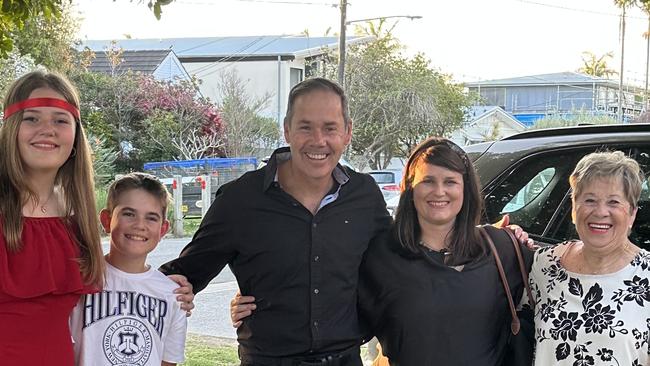
Brad Pulford has always been passionate about ball sports. He played cricket, tennis and soccer throughout his youth, growing up in the bustling South African city of Johannesburg.
In his university years his passion became volleyball, and he represented his campus and province in both the traditional indoor and beach varieties.
In 1993, Pulford was even offered a volleyball scholarship to the US, which he was seriously considering taking before his life changed forever on the evening of August 30 that year – a fortnight after celebrating his 21st birthday.
“I was at volleyball practice and my cousin came in and said, ‘Look, there’s been an unfortunate incident. We need to go home.’ It turned out that my dad had tragically died in a car accident,” he now reveals.
Michael Pulford was returning home from work when an oncoming car crossed to the wrong side of the road and hit him head-on. He was 46 at died at the scene.
“It really made me think about what was next because my mum was by herself, and so I decided not to take the scholarship. I wanted to stay with her,” Pulford says, noting proudly that it was his father who had set him on a career path in life.
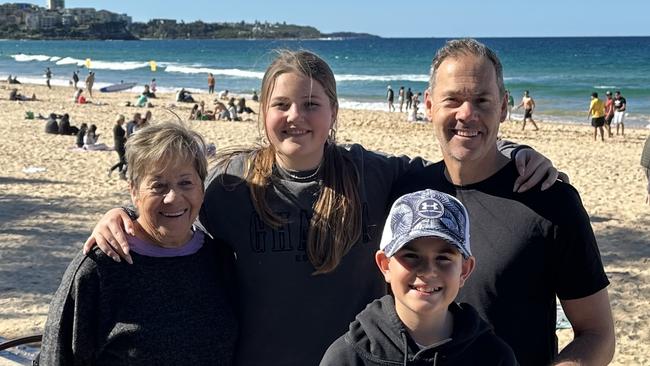
“I was leaning towards the law but I’ll never forget my dad having a conversation with me just saying that technology was something that I should consider, because at that point in time it was bubbling to the surface and becoming incredibly relevant in society.”
History shows Pulford completed a bachelor of science in information technology at the University of Johannesburg and worked at Dell Technologies in South Africa for nearly two decades. For the past four years has been a senior executive with the global information technology giant now known as HP, which started life as Hewlett Packard.
At the end of 2022 he moved to Sydney to be HP’s managing director for Australia and New Zealand.
We meet for his first wide-ranging media interview since taking the role at HP’s flagship Customer Welcome Centre in inner-city Melbourne – an interactive showroom for HP products.

Its boardroom is fitted out to replicate the old garage in Palo Alto, San Francisco, where Hewlett-Packard founders Bill Hewlett and Dave Packard started the business in 1938.
Their photos hang on the wall, adjacent to a shelf housing historic HP paraphernalia, including a bunch of decades-old isolators. In the middle of the boardroom table is an old, black bakelite telephone.
“We have this set up because I think it emulates the essence of the company, which is really driven through culture, people, connection and a historic legacy that we want to preserve for the future,” Pulford says.
“The theming of the garage, which is where it all happened, is very important in terms of how we come together as a community, as a team, and how we serve our customers and our partners.”
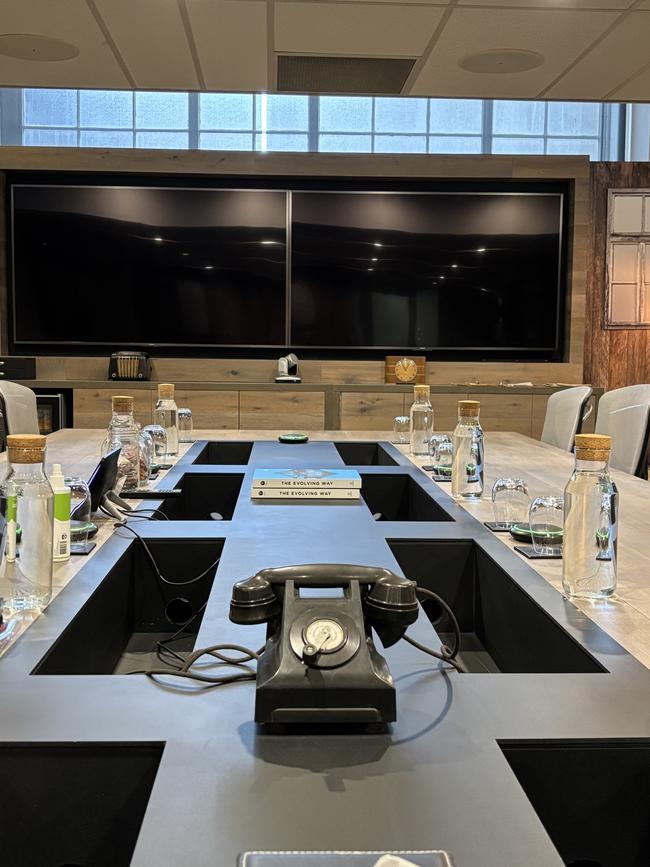
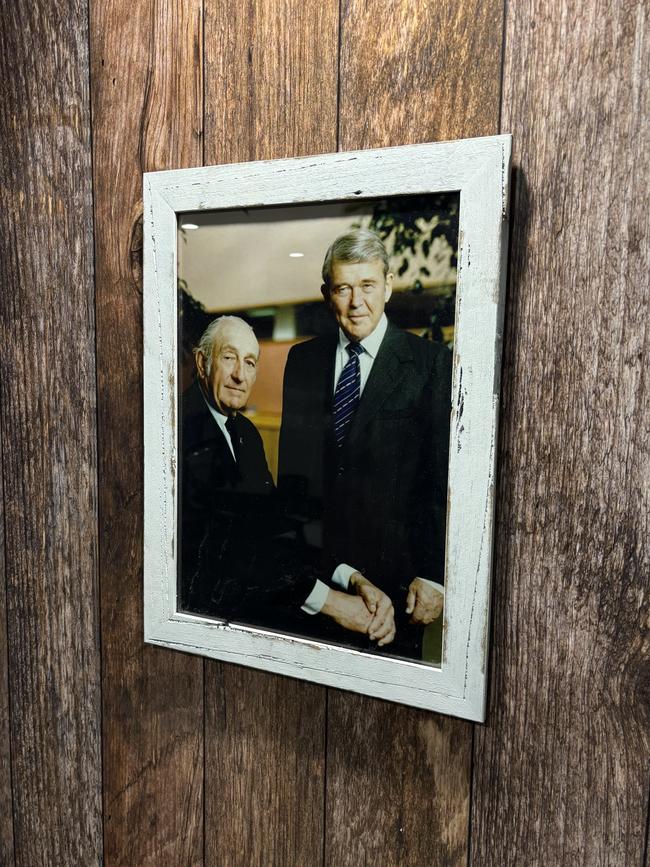
While the spirits of Bill Hewlett and Dave Packard live on in HP’s local and global operations, for Brad Pulford the memories of his father have, and will continue to shape, his leadership of the business.
“Losing him made me appreciate family. It has made me appreciate having someone in your corner. Because the one thing that I had as an experience in life was that he was the one individual that would be completely transparent, open and honest with me in the most constructive way,” he says.
“I was incredibly lucky from that perspective. I keep reminding myself of that, and I keep trying to draw on my personal experiences with regards to how I lean in and engage with my team that I work with.
“I try and be as open as I can be, as transparent and honest as I can be, but in the most constructive way.”
Listen, learn and lead
Pulford will always have a great passion for the continent of his birth, which – despite a wave of emigration in recent years – he believes is now on its way to a better future.
“Africa has got 1.3 billion people spread across 53 countries. ANZ has 32 million people,” he says.
“Just on the African continent alone there are 224 million young people under the age of 22. So you think about the enormity of what that means, the complexity from an engagement point of view, the complexity in terms of the working environment, the complexity in terms of diversity.
“Not only in terms of cultures, but in terms of income, poverty and the social challenges are enormous. Working there, that is what kept me anchored in the challenge that Africa brings.
“Because there was never a moment where you felt there was nothing to do.”
His two decades at Dell taught him the live by a leadership model based on three words:
Listen, learn, and lead. He believes listening informs learning, and learning enhances leadership.
“For me, I think as leaders we tend to lean in too much and try and make an impact too quickly, without understanding the full breadth of what our mission is,” he says.
“When you don’t have context, I think you sometimes make the wrong decisions.
“The listening piece is really understanding before you react or do something. The learning piece is being curious, because I think we’re living through a world at the moment that is incredibly volatile, incredibly disruptive, and I think people are challenged in terms of what their existence is and what it means.”
He says technology, especially artificial intelligence (AI), will reshape the nature of leadership over the next decade and beyond.
“Because those leaders that are born in 20 years’ time are not going to know the eight-to-five day and how you manage that and what it means, or an employment contract that says this,” he says.
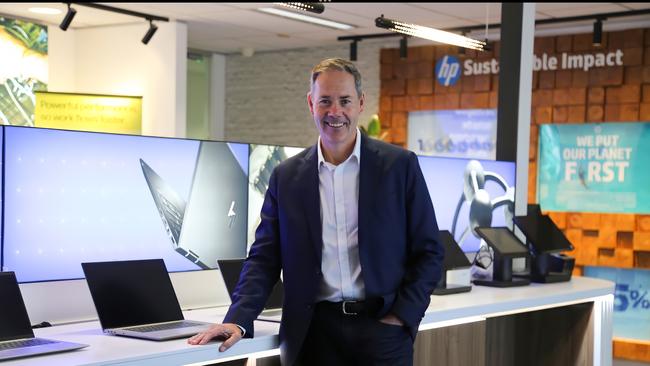
“As leaders we are working through an incredibly transformational era that requires us to be agile, flexible and empathetic … I talk about servant leadership. Now is time to be in the trenches, the time to be standing side by side with your team.”
He says AI-driven solutions are being implemented to not just enhance efficiency and performance in the workplace but also unlock better relationships at work.
HP’s second annual Work Relationship Index (WRI) released in September found AI usage in Australian workplaces had jumped from 32 per cent in 2023 to 69 per cent during 2024, slightly exceeding the global average of 66 per cent.
Yet while the survey found Australian workers had one of the largest improvements in work satisfaction over the past year – trailing only the US and Indonesia – only 27 per cent felt they had a healthy relationship with work, a figure slightly below the global average of 28 per cent.
Pulford believes the desire for personalised work experiences, driven by AI, is becoming a critical factor in improving the relationship Australians have with their work.
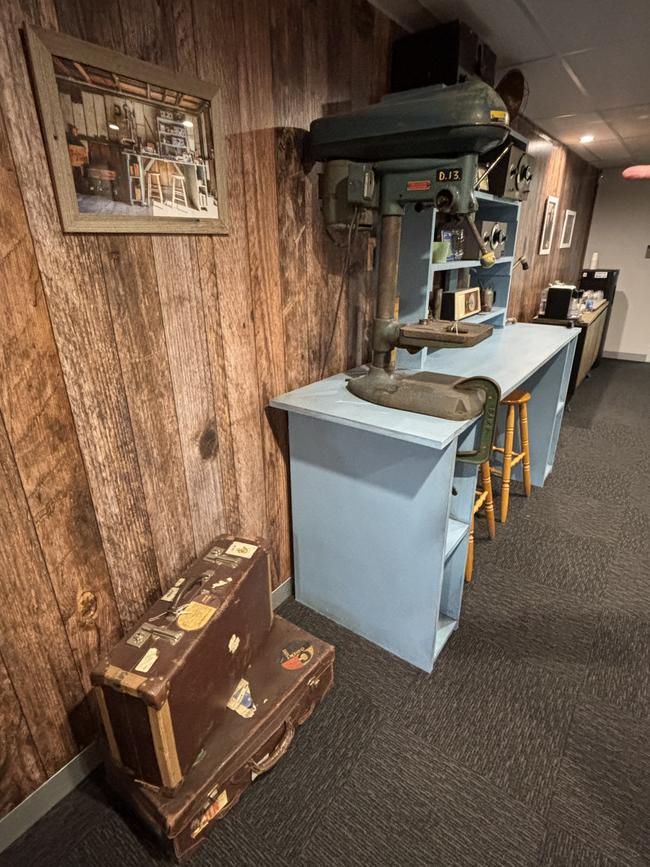
More than two thirds of workers who responded to the survey expressed a preference for more tailored work environments, access to their preferred technologies and greater flexibility.
A significant 92 per cent even said they would give up part of their salary to achieve a more personalised work experience.
“Being able to personalise how the new generation works is incredibly important. So when you think about the future of work, we have to be mindful of what they are expecting,” Pulford says.
“We also have to weave in how people are living today. There’s a great respect for how you can bring your family closer into how you operate as an individual in your work environment and being on that journey together now is incredibly rewarding.”
More broadly, Pulford is continually looking at emerging technologies such as AI to offer the community access for education and connectivity,

Earlier this year, HP launched an expansive range of AI-enabled personal computers in Australia.
The new devices come with video and voice recognition elements which give users more effective and productive virtual calls.
“So as an example, you can have a work call at home with your family and your pets talking and barking in the background, and the AI software will place a virtual fence around you while you are having the call and lock out all the noise from the device,” Pulford says.
He wants these new AI devices and technologies to transform the educational landscape, making learning more interactive and accessible.
He believes the future will involve AI-powered educational tools enabling personalised learning experiences tailored to individual needs, fostering deeper engagement and understanding.
Granddad an ever-present influence
Pulford’s mother, Lorette, is now in her 80s and never remarried after losing her husband. While she is in good health and lives independently as part of a retirement community in South Africa, she is about to move from Johannesburg to Calgary in Canada to be closer to his older brother, who lives there.
In the 30 years since he lost his father, Pulford says his mother has been “just phenomenal” in terms of her character, strength and most importantly, her support of him and his family.
“She’s been very encouraging in terms of saying ‘Live your life to the fullest’. She doesn’t want to be a hindrance in any way in terms of the decisions that we make,” he says.
“So having her support and just seeing just how strong and incredibly encouraging and supportive she’s been has been very helpful to me in my career.
“Some of the decisions that I’ve made, it is humbling just in terms of how strong her support has been.”
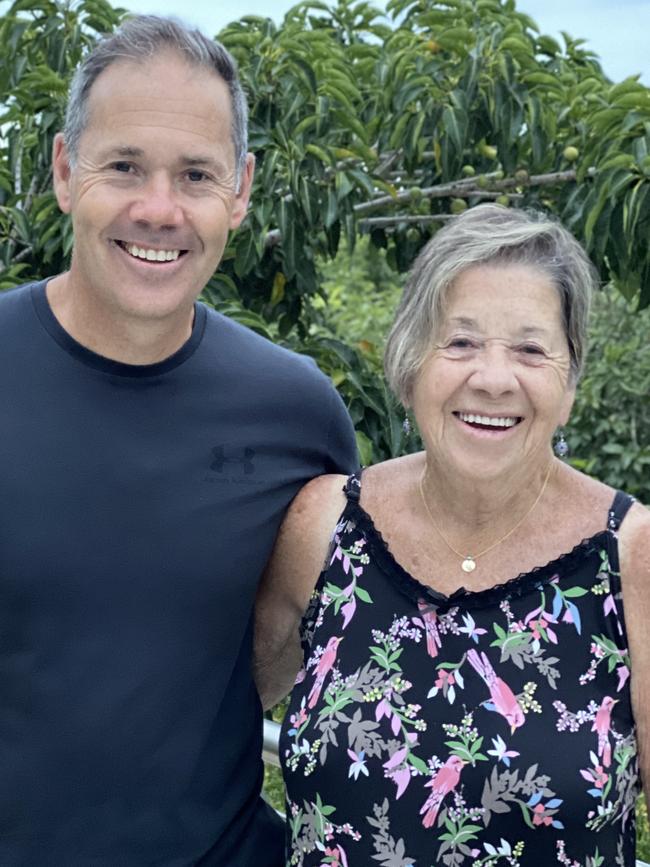
He says his mother’s most important piece of advice has been to “lean into courage” in his life choices.
“Because without it, you can find every reason why not to do something. I’ve tried to lean into the courageous part of how I make decisions,” he says.
“Relocating to Australia was one of those things. You need to be incredibly courageous because the world does get incredibly unsettled very quickly. It is about having self belief, purpose and meaningful intent to want to make a difference that gets you through that process.”
Pulford’s son, Kellan, is now 13 and his daughter, Riley is 15. They never knew their grandad, but they know his story and legacy.
“I remind them about him in ways when I’m living in the moment. I tell them ‘your granddad would have said this. Granddad would have done this this way’,” he says.
He believes his father, if he were alive today, would be proud of his son’s achievements.
“I think he would proud not only about where I’ve landed, but more how I’ve gone about getting there,” he says.
“Focusing on playing the shot, as opposed to trying to deliver an end game. Making progress, constantly trying to improve. I think that’s just the essence of who I am.”




To join the conversation, please log in. Don't have an account? Register
Join the conversation, you are commenting as Logout